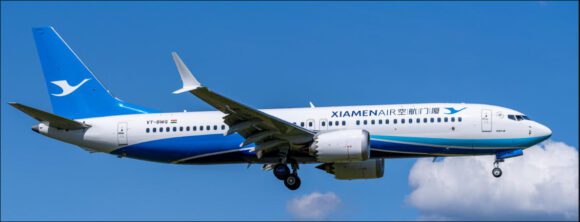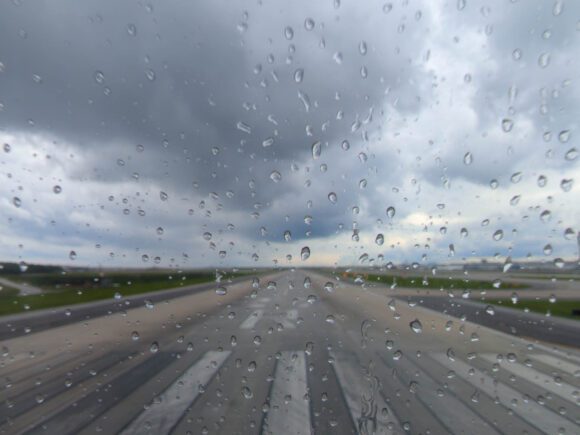 Reading various reports on the retirement of Gary Scott would have you believe it was he alone that kept the CSeries program alive. Yesterday Bombardier announced his retirement for personal reasons. It came as a surprise for many, including us.
Reading various reports on the retirement of Gary Scott would have you believe it was he alone that kept the CSeries program alive. Yesterday Bombardier announced his retirement for personal reasons. It came as a surprise for many, including us.
But even as we are aware the reason for the hasty retirement is really just what was announced – a personal reason–Scott should be commended for building the team he had at Bombardier. The CSeries is no one-man show. In discussing the matter yesterday with media and other analysts, we pointed out that Bombardier has a choice of successors. For example Ben Boehm and Chet Fuller come to mind. The company is going to look inside and out for an appropriate person to take the position vacated by Scott.
With respect to the idea that Scott’s departure is a loss for CSeries, let’s put that in perspective. Losing a 30-year veteran of the business is significant. Though he is going back to Seattle, he is not out of reach in the event somebody needs the benefit of his insight. This is not a parting of ways in any negative sense at all.
Furthermore, it probably isn’t widely known but Bombardier was (and still is?) in the supply chain on the Boeing 787 and observed first hand the problems Boeing had in that program. Taking this experience, and the first-hand knowledge Scott had from his years at Boeing, enabled Bombardier to create a system to avoid these problems. Bombardier also has Boehm, a former top CSeries official in Canada, now located in China to work with COMAC and Shenyang. Furthermore, Bombardier learned a great deal from its Global Express program, which is where it cut its teeth (and had many of the same problems) on the global supply chain problem that Boeing had with the 787.
So the bottom line is that through experience, structurally and organizationally Bombardier seems well-positioned, despite Scott”s departure, to proceed. Execution, of course, is the challenge as we’ve seen at Boeing and Airbus, and execution is always about more than one individual, whether Scott is there or not.
Moreover some perspective is also needed over the Delta Air Lines aircraft selection. In addition to the 100 737-900ERS announced today, Delta had been expected to order a sizable number of CSeries. Delta put off an order for small aircraft until next year.
Chet Fuller is quoted by Reuters as saying, “This is a very turbulent time and if you went back even a month there is a lot of uncertainty in the marketplace in US. If you were the largest carrier in the US you would naturally want to be prudent and exercise good business judgment. I personally believe that there has to be more clarity in where the US economy is going.”
Indeed, in the Delta press release, the airline make a point of emphasizing its fiscal discipline and managing its capital expense payments in the coming years.
In addition to that, we would like to point out that Delta has not selected the Embraer product instead. It is true that Embraer can offer earlier delivery slots than Bombardier, which could tip the decision. But no decision has been made. Thus there is no “loss” at all.
The biggest replacement requirement is in the 757 fleet and therefore it will be given priority in replacement. We will take about this in a separate post.
Scott’s departure from a top executive position in favor of his family need seems to be a rarity in corporate business. The news doesn’t sound encouraging. We wish him the best.
Views: 12



